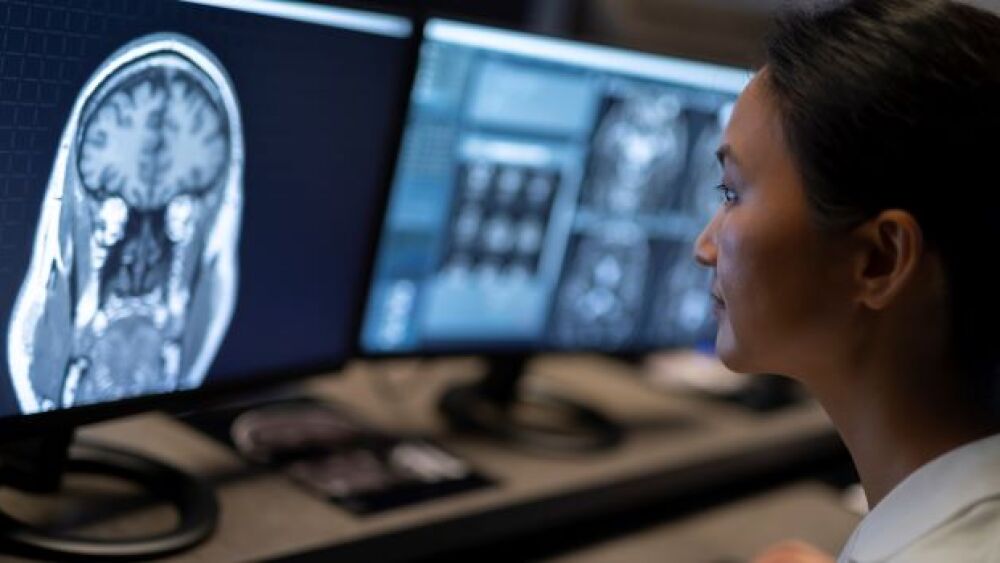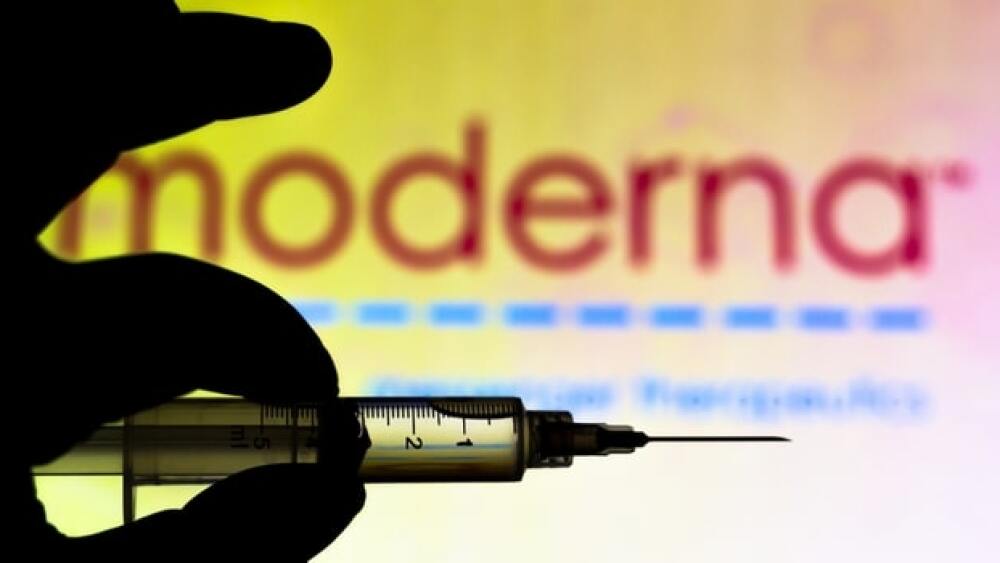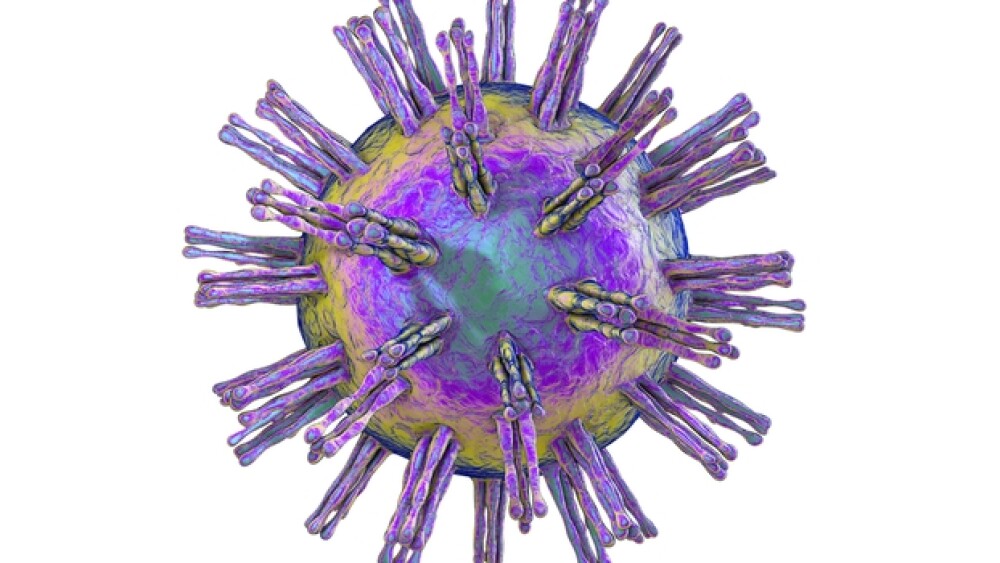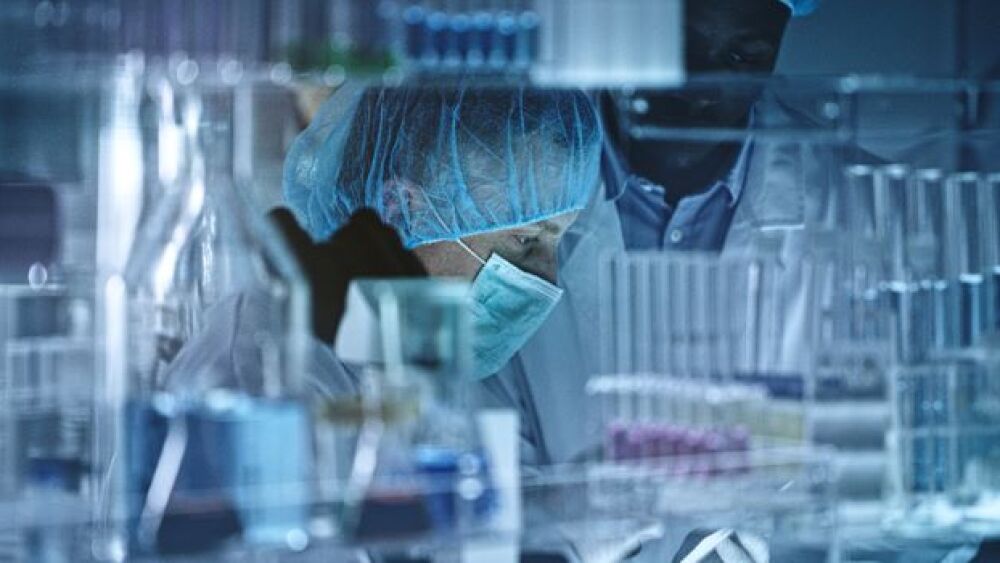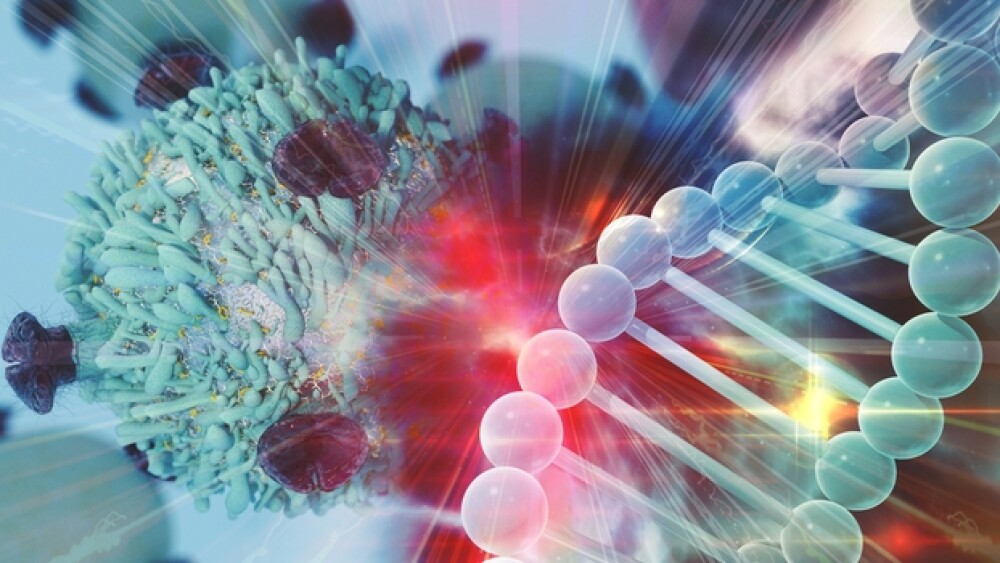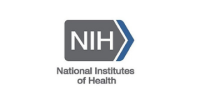
National Institutes of Health (NIH)
NEWS
Despite being the largest minority group in the United States, the contributions of disabled people are remarkedly underreported in the life sciences industry.
NIH researchers found that symptomatic herpes viruses were associated with neurological symptoms, but there was no evidence that herpes viruses are linked to Alzheimer’s disease.
Moderna has dosed its first participant in a Phase I clinical trial of mRNA-1215, a vaccine designed to fight the Nipah virus (NiV), a virus contracted in humans through animals.
Rational Vaccines said findings from a pilot study showed that RVX201 led to a reduction in recurrent genital lesions when compared to gD2-alum/MPL vaccine in animal studies.
Bristol Myers Squibb’s Orencia and Johnson & Johnson’s Remicade improved survival rates for people hospitalized with COVID-19 according to a new report by the National Institutes of Health.
Monday, Moderna told a Delaware federal court that it was immune from patent-infringement charges over the COVID-19 vaccine because it supplied the vaccine for a U.S. government effort.
With regulatory approvals beginning to break through, attendees at ISCT’s annual meeting set out along the translational pathway. Organizers shared their findings with BioSpace.
Moderna is still fending off patent challenges over the lipid nanoparticle delivery system used in its COVID-19 vaccine.
Although treating patients is the top priority of the biopharma industry, there’s no doubt that money is the driver. This is a broad look at the current state of biopharma bucks.
JOBS
IN THE PRESS


